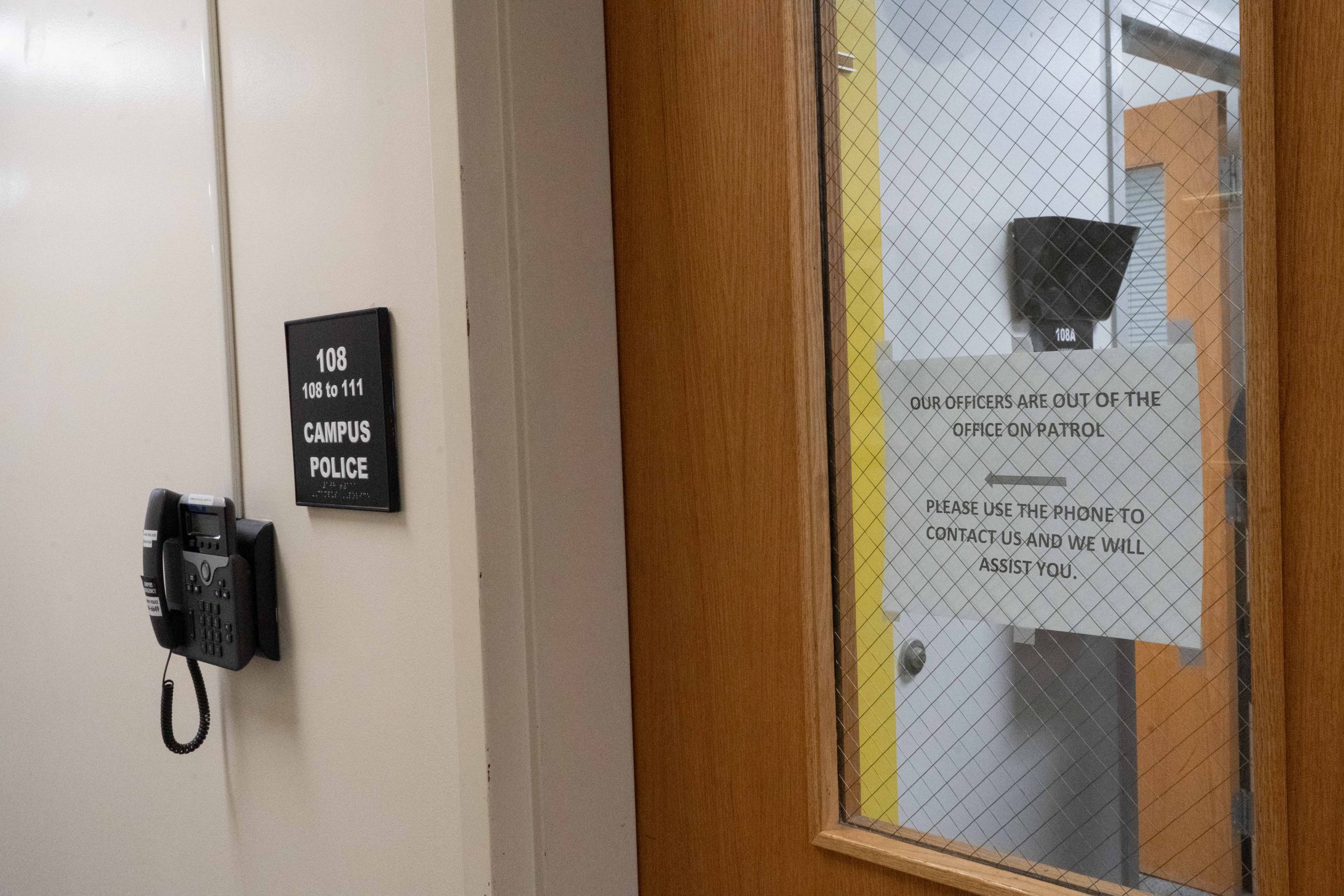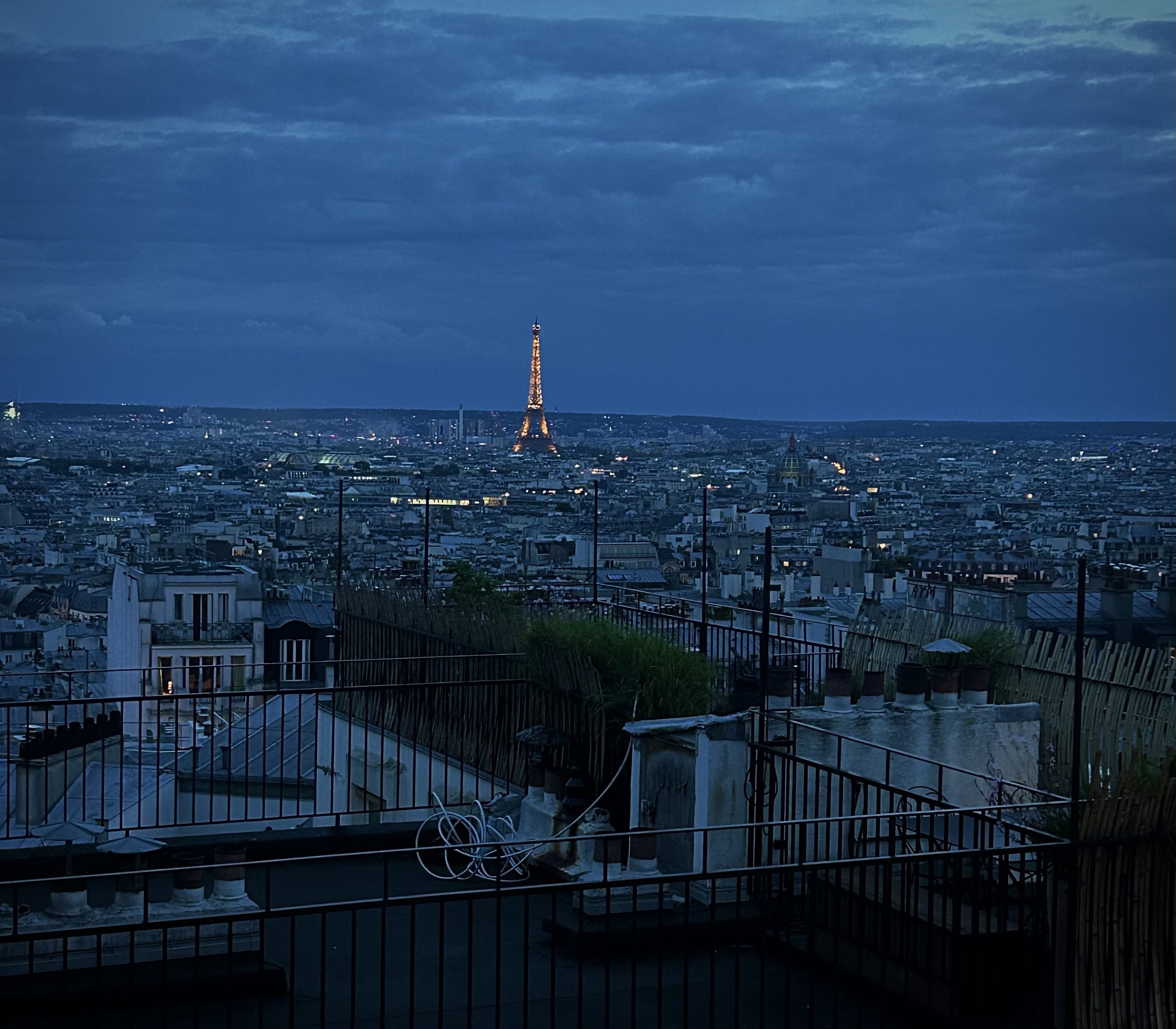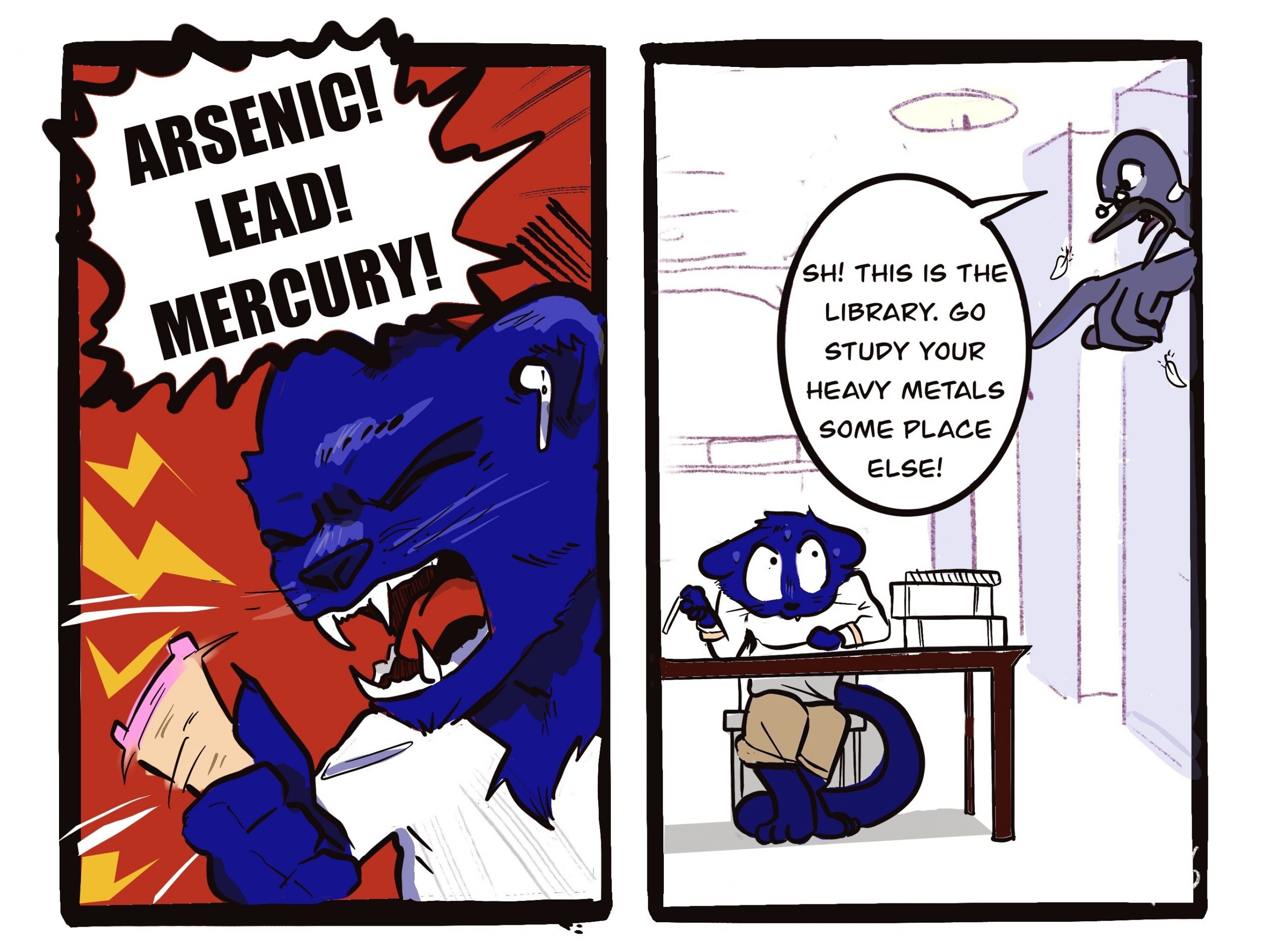By David Lavrinovich, Contributing Writer
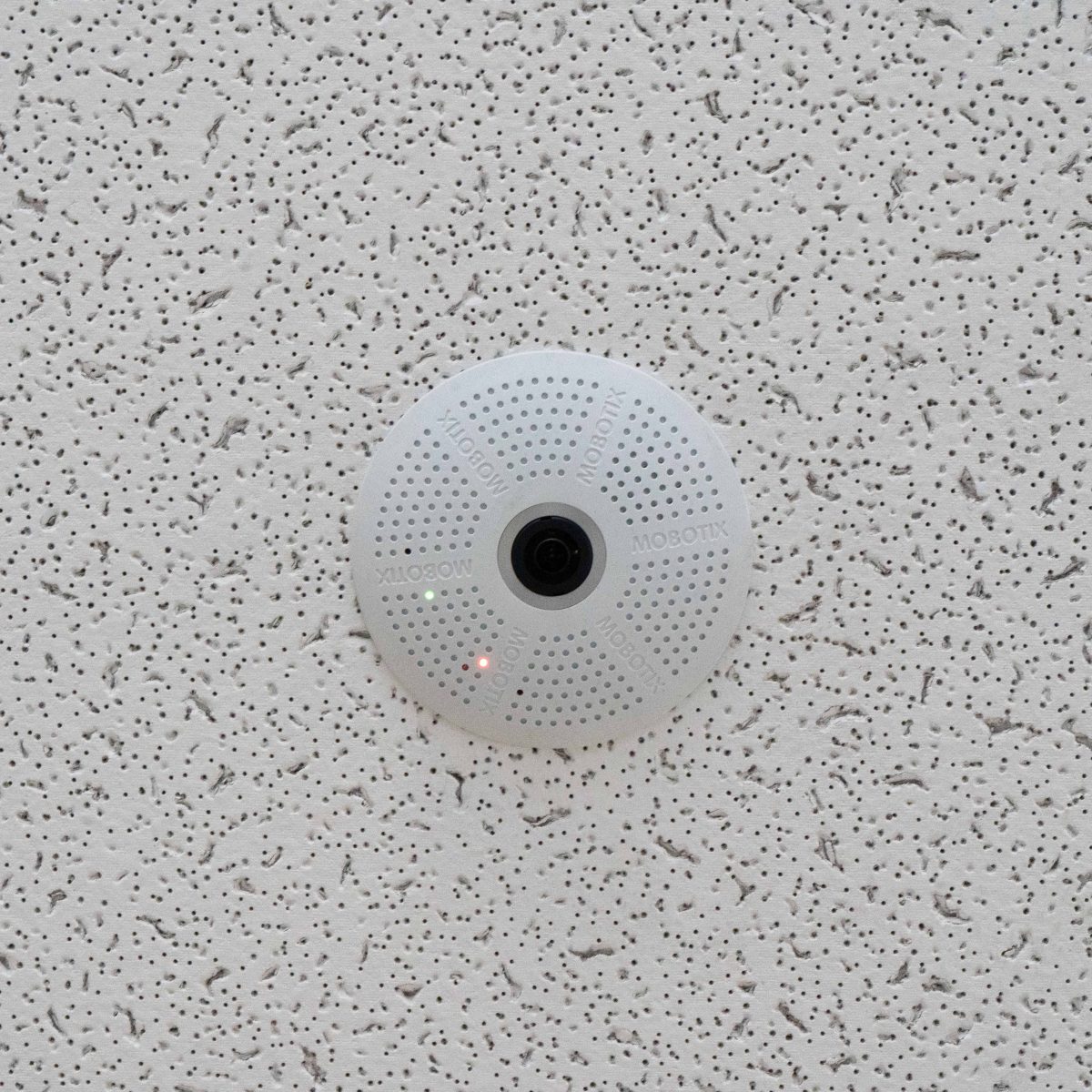
Pellissippi State Community College has developed quite a bit since its founding in 1974, currently boasting over 8,000 students at four different campuses. As a result, advanced security is necessary to maintain a safe and comfortable environment for students as well as faculty. One controversial move in this security has been the recent installation of security cameras with audio feedback capability within certain classrooms and hallways around campus. Over the past few weeks, I’ve spoken to faculty members, campus security, and fellow students to try and understand why these cameras made their way onto campus.
The timeline behind these cameras is lengthy, with early plans being included in the construction of The Bill Haslam Center for Math and Science at the Hardin Valley Campus, which opened in the fall of 2021, according to Professor Amanda Carr-Wilcoxson. The concepts for installing these cameras were proposed around 2022, when various faculty and employees reviewed emails about their potential usage, as I learned from Doctor Shaquille Marsh. However, as confirmed by both Carr-Wilcoxson and Professor Trent Eades, in March of 2023, the Faculty Senate learned that these devices were already installed in classrooms. The Haslam building in Hardin Valley and the West Building in Blount County are where the cameras are primarily implemented, although there are some classrooms in Strawberry Plains that also have them.
Faculty were told that these cameras were legally required by a bill; however, by the time this was realized to be a mistake, the cameras were already installed. Additionally, Eades told me that faculty were informed by security that it was “impossible” to turn on the audio-recording functions of these cameras. While some faculty did not see an issue with these cameras, many did, and on March 22, 2023, the faculty senate moved to remove these devices, with the exception of where TBR Legal requires their presence. However, the faculty senate came to realize that these were expensive to acquire and install, and would not be going away anytime soon.
Thus, on February 28, 2024, the faculty proposed updates to Policy 08:13:11 — Use and Installation of Video Surveillance Equipment (click here to view). Some of the changes proposed were as follows:
- The display of prominent signs to indicate the presence of cameras.
- “Members of the individual department, program, or campus organization being surveilled will be notified by the facilities department.”
- Updating the list of approval for cameras to include Campus Deans.
However, none of these changes have been made to the current policy, despite being sent to security, police, and other superior faculty members of Pellissippi State. Furthermore, when reading the current iteration of Policy 08:13:11, which can be found on Pellissippi’s main website under Policies and Procedures in the Administration section, one of the purposes of video surveillance equipment is “to provide a visual deterrent to crime.” Although the implementation of these cameras has not been widely known to students. While it has been a longstanding policy to have cameras in storage facilities and labs with expensive equipment, it has never been in classrooms.
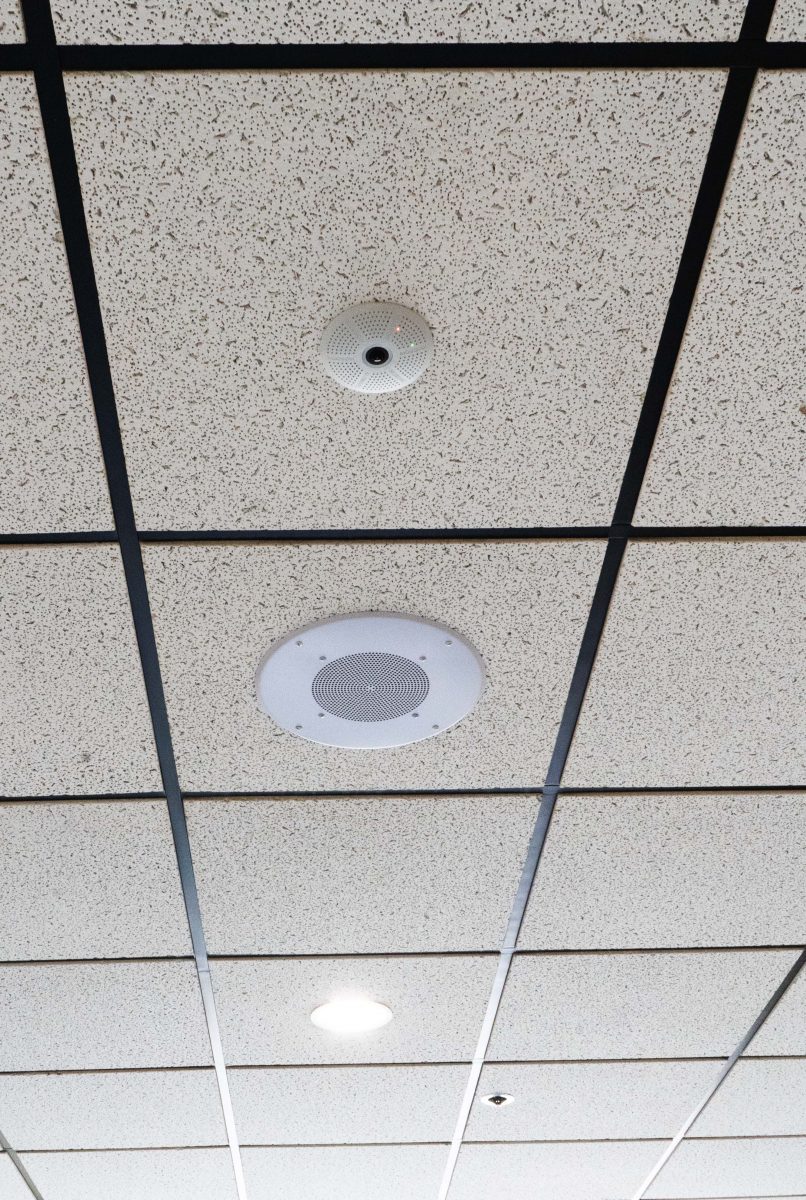
The installation of these cameras took place while the policy was not updated to match these adaptations, when it should be that the policy informs practices. Nevertheless, Pellissippi State’s President, Dr. Anthony Wise Jr., has apologized for not properly informing faculty about these cameras, according to Eades. He was also the one who suggested the faculty senate look over policy, which normally would have been a matter only for facilities. These policies, as well as the meeting minutes and agendas of the PSCC Faculty Senate, are available for public viewing on Pellissippi State’s main website.
Another important aspect of these cameras is that there is no evidence that other schools under the Tennessee Board of Regents (TBR) or around the Knoxville area are taking the same security measures. The University of Tennessee, an advanced four-year institution, and Roane State, a fellow community college and TBR institution, can manage without such security. This brings into question the necessity of such measures for Pellissippi State; perhaps the college is ahead of the curve in modernizing security, and that was why they installed these devices in the new buildings of Haslam and West.
When I spoke to various members of the faculty, many concerns about these devices were brought up. Doctor Shaquille Marsh mentioned the possibility of hindered classroom discussion and that the cameras might make certain individuals uncomfortable in speaking freely. Even within virtual courses, many students can attest to dreading turning their cameras on, which Marsh noticed within many of his online classes.
Professor Trent Eades, current Faculty President, shared similar opinions, stating that being recorded is not ideal for the exchange of ideas between students. Eades has been largely outspoken against these cameras and has avoided teaching in classrooms where they are present; he also mentioned that when he asked security, there were no plans to expand these cameras to other buildings.
Professor Amanda Carr-Wilcoxson, the previous Faculty President, expanded on this and affirmed that even the upcoming renovations of McWherther and Alexander at Hardin Valley will not have these cameras installed, further stating that she wanted to make sure that these cameras did not become standard practice within Pellissippi State campuses. While the faculty I spoke to were more critical of these devices, that is not to say that everyone within the Faculty Senate was apprehensive about the cameras.
When I spoke to Terry Crowe Jr., Chief of Police, about these cameras, he confirmed that police officers have access to Pellissippi State campus cameras for security purposes. Crowe also directed me to Charles Love, a facilities technician, and Regina McNew, the Director of Facilities. I was able to speak to Love, who manages purchasing, installation, and access to the college’s cameras. Love spoke with McNew and informed me that they did not have clearance to speak to journalists, student or otherwise, about these security cameras. Nevertheless, Pellissippi State Security made it clear that it is dedicated to helping maintain a safe environment on campus.
The predominant reaction I garnered from discussing these cameras with other students was shock. Like me, many were surprised to learn about them, and students such as Kyrsten and Stephanie suggested that perhaps students should have been informed through email or posted signs. Stephanie came up with a counterpoint, stating that the lack of awareness may help catch unknowing perpetrators in the act of crime.
One of the few students I spoke to who was aware of these cameras, Oscar, explained that he only knew of the issue because of professors who spoke about it to their students. This seemed to be the case across the handful of students who were aware of these devices, but on the whole, most students are unfortunately not informed about the cameras.
My experience speaking with multiple students revealed that there was a surprisingly diverse set of opinions on these cameras. One reason for these devices, Elsa cited, was how much of a public space the Hardin Valley campus is, and thus, such security measures are necessary. Indeed, Hardin Valley does have plenty of outdoor spaces, from the trails around the pond to the pickleball/tennis courts, that many non-students may frequent. Ensuring the safety of students and faculty may benefit from these new cameras’ capabilities to identify outsiders.
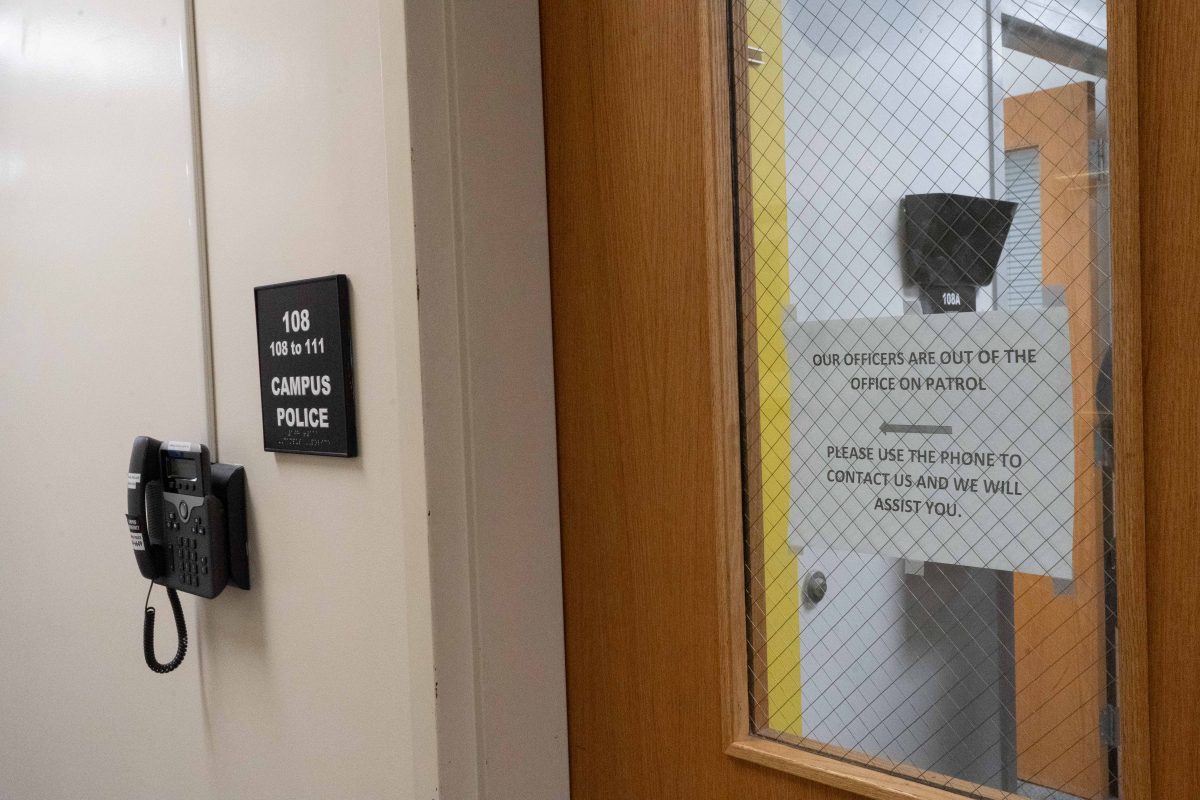
Such sentiments were echoed by my conversation with Kyrsten, who was in favor of cameras not only as a preventative measure but to gather evidence in possibly inappropriate teacher-student relations that may occur in the privacy of classrooms. Another potential benefit of these cameras that Oscar pointed out would be as a potential tool against school shooters. Sadly, school shootings are not uncommon in the United States, and security measures are but one method of reducing risks for campuses. Oscar also brought up how this negatively impacts the privacy of students and faculty, and the normalization of surveillance that is growing increasingly familiar to younger generations.
While cameras are an unavoidable fact of modern society, there will always be varying perspectives on how and where they should be used. Education, security, privacy, consent, and freedom are just some of the many facets involved in the conversation surrounding these new cameras at Pellissippi State. Recording equipment itself is not inherently good or bad, and these devices are no different. Just like any other technology, they are a tool to be used responsibly by the humans who control them. These new cameras at Pellissippi State have their benefits, but there is much to improve on that can ensure the safety and comfort of everyone at our school.

